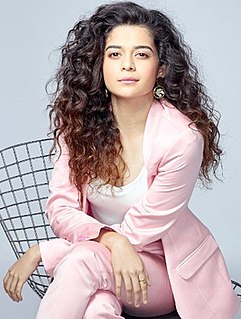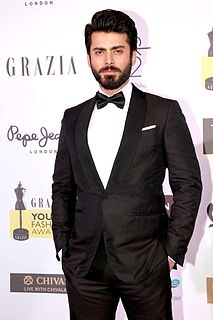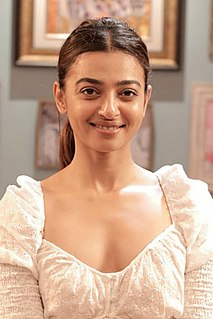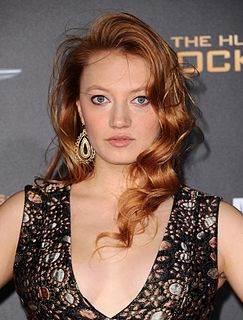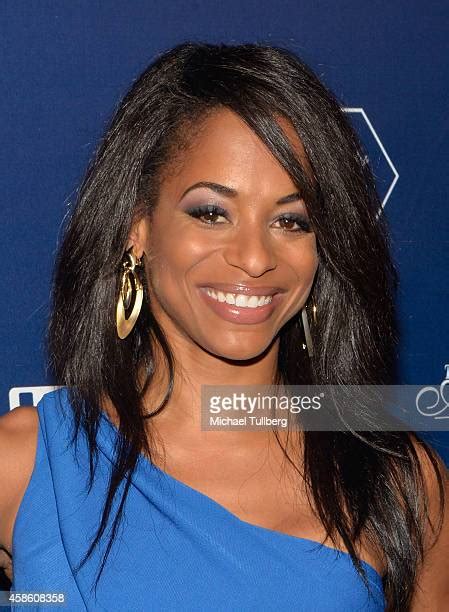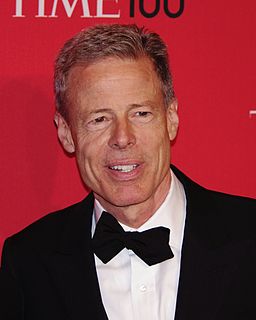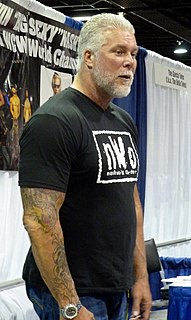A Quote by Mithila Palkar
Acting on a digital platform is similar to the big screen.
Related Quotes
I couldn't believe it! I mean, I'd always dreamed of acting on the screen - my previous background was all theater - but I wasn't sure if the opportunity would ever present itself. Not only was this acting for the screen, this was acting in 'The Hunger Games!' I knew that I had to give this audition my all.
Whether railroads or electricity or the Internet, there is always some sense that this is the new, redemptive platform - that finally, finally, we've found the platform that will allow us all to lead a democratic, global existence, where all problems will be solved. And the idea that the old platform becomes obsolete, "this kills that," and so on, also often accompanies the advent of a new technology. The digital platform is no exception.
In professional wrestling, I think that they want you to be bigger than life. It's almost like an over-acting type thing - whereas on the big screen, you're 35 feet and they've got a close-up of you to put it on the screen in the movie house. At 35 feet, it's more subtlety than the overboard drama that we do in pro wrestling.
